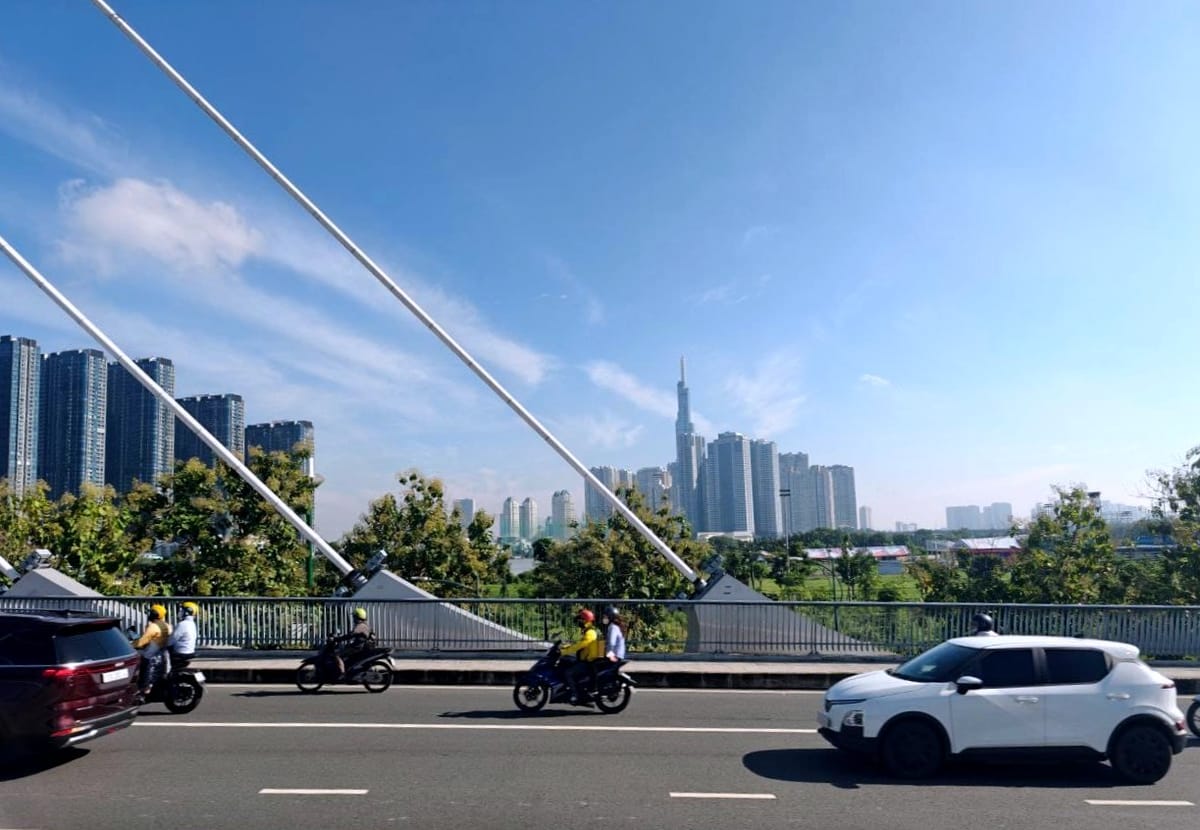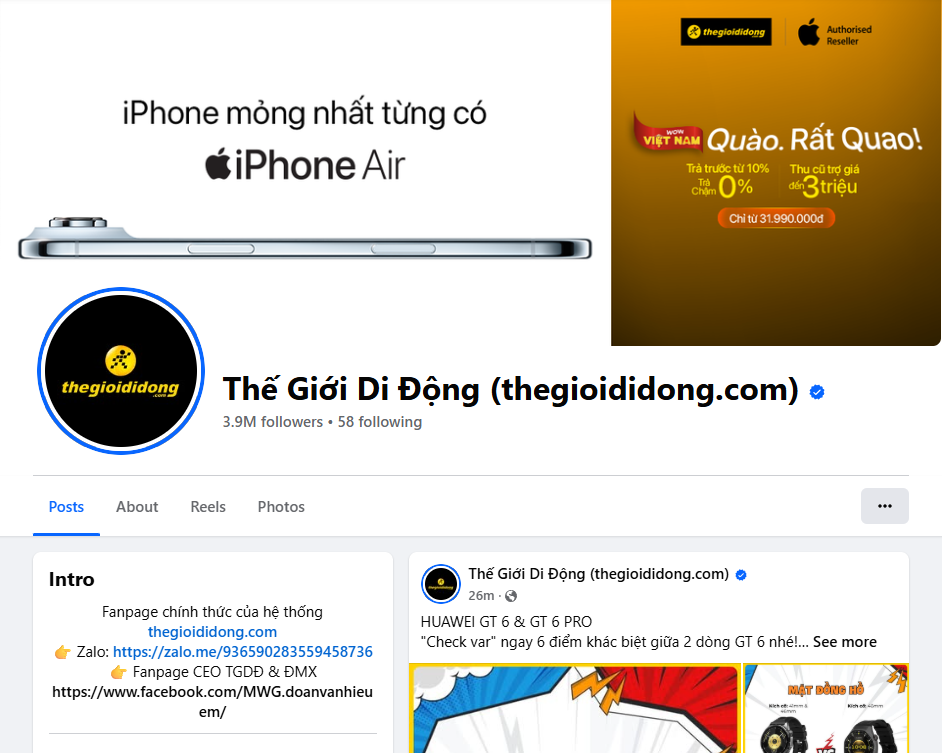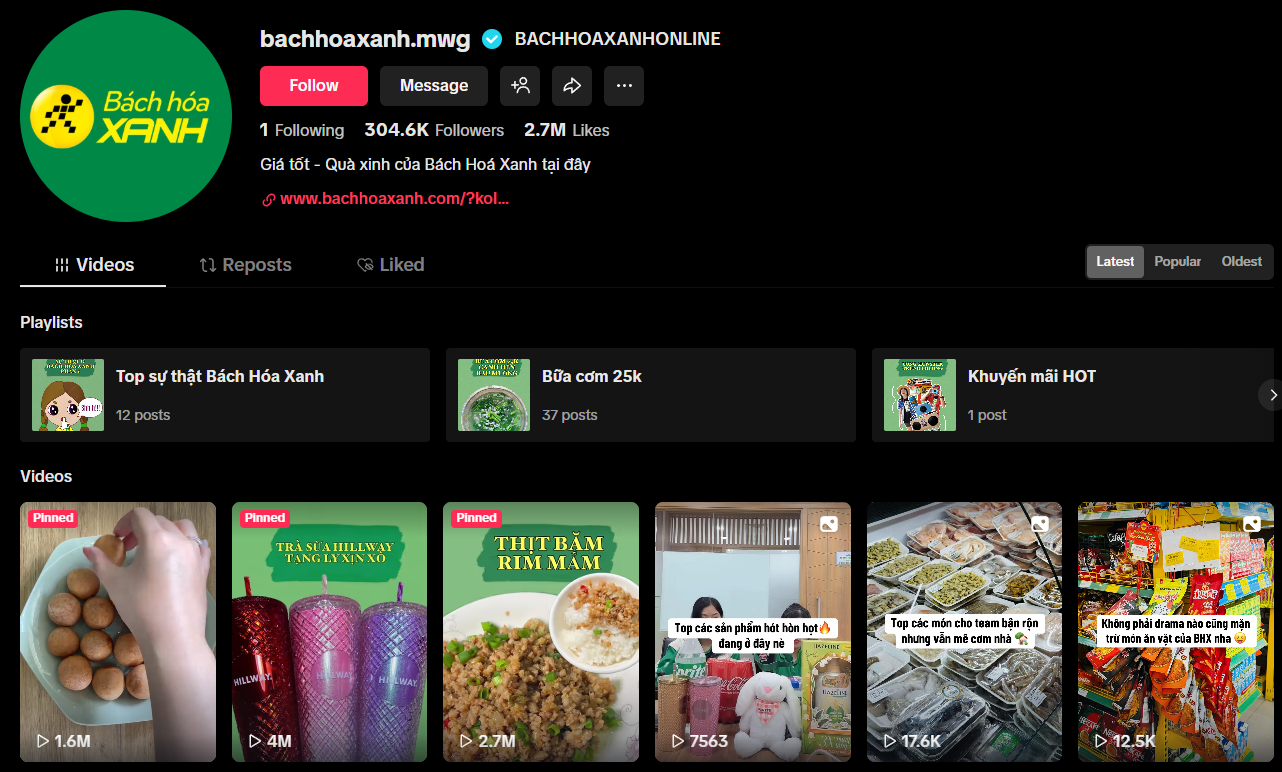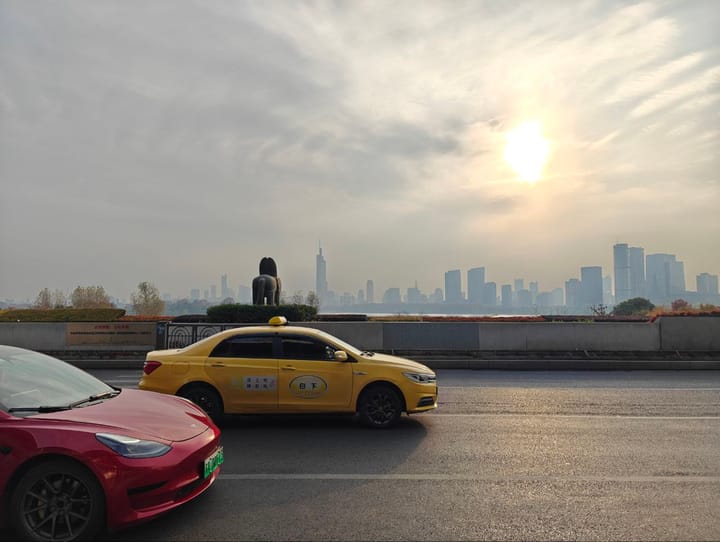Mobile World: Lifetime value with multiple potential IPOs
Vietnam's consumption recovery will power Mobile World earnings growth as the company seeks to prioritise profitability over just high sales growth.

Few companies in Vietnam capture the consumption rhythm of the burgeoning middle class as well as Mobile World. As a local champion of the retail empire, the company has expanded its ambitions from consumer electronics to groceries, and even overseas into Indonesia the past couple of years.
Notwithstanding the long-term market potential, weak macro-economic factors in the past two years have led to considerable sentiment downturn and widespread consumption downgrades. With real estate developments and a broader banking turmoil weighing on the economy, it is not hard to see why Mobile World struggled in its smartphones, gadgets and appliances business. However, as seen in past economic cycles of emerging markets, the pendulum is once again swinging in favor of the company.

A period of aggressive expansion has led Mobile World to command a market-leading retail footprint spanning both North and South Vietnam. The company is now in a phase of a more disciplined and mature network, a playbook driven by higher sales per store and sales efficiency value approach. Capitalising on its dominant market position, Mobile World can execute on large-scale value-up initiatives like consumer financing partnerships and higher-margin services like extended warranties for consumer products.
Most recently, iPhone 17 sales momentum renewed optimism about the resiliency of the Vietnam’s consumer class. Prices are holding up while consumer financing like buy-now-pay-later continues to spur purchases. Aiding the margin expansion is also the white goods business of consumer appliances. Apart from leveraging on new household trends like air purifiers and water purifiers, extended warranties option is also gaining adoption and momentum (typically being priced at 10% of the product value for an additional 2 years of warranty). With a sufficiently-large repair workforce, more revenue can be generated without a proportional increase in operational cost.
As the ICT and CE businesses have matured, more emphasis is going to be directed to their smaller but faster growing groceries business. This is an emerging space for them which is still in expansion mode, underpinned by the generational transition of Vietnamese consumers from traditional stores to a more modern trade retailing format.
Retail giants like Masan Group are also looking to penetrate this market as modern trade takes shape. With the acquisition of VinCommerce in 2019, Masan has rebranded the business to WinCommerce (”WCM”) and late last year, gained further control by acquiring SK Group’s 7.1% stake for US$200m. WinCommerce is currently the larger modern grocery player in terms of store count, although the geographical focus and the mix of retail format is different.

Mobile World’s Bach Hoa Xanh (”BHX”) is leaning more towards fresh foods and concentrated in South Vietnam. Perhaps more importantly, BHX is clocking a faster expansion pace than WCM in 2025. The strategy of building out distribution centers alongside their new stores will also help in cost controls, with probably an estimated ratio of one distribution center servicing a hundred stores. This will certainly help in their country expansion up north.
Beyond its shores, Mobile World’s joint venture in Indonesia is bearing fruits. Just last week, Erablue opened its 150th store since the partnership between Mobile World and Erajaya Digital was announced back in 2022. The competitive dynamics of consumer electronics retailing in Indonesia meant that to succeed, Erablue has to provide not only quality products and after-sales services, but also increase the speed of delivering the products to consumers. A high-level management target of covering Greater Jakarta and West Java by the end of this year, followed by enhancing retail coverage throughout the whole island of Java in the medium term, will set Erablue on course for robust growth.
With the latest upgrade of Vietnam from frontier to emerging market status by FTSE Russell, market observers may further look forward to a similar upgrade from MSCI in the coming years. Regardless of the state of financialisation of Vietnam’s economy, what remains a constant is the gradual sophistication of the country’s consumers. Many have seen this consumption playbook in developing economies before. Vietnam will likely not be an exception, and this economic path will set Mobile World up for many years of growth to come.



